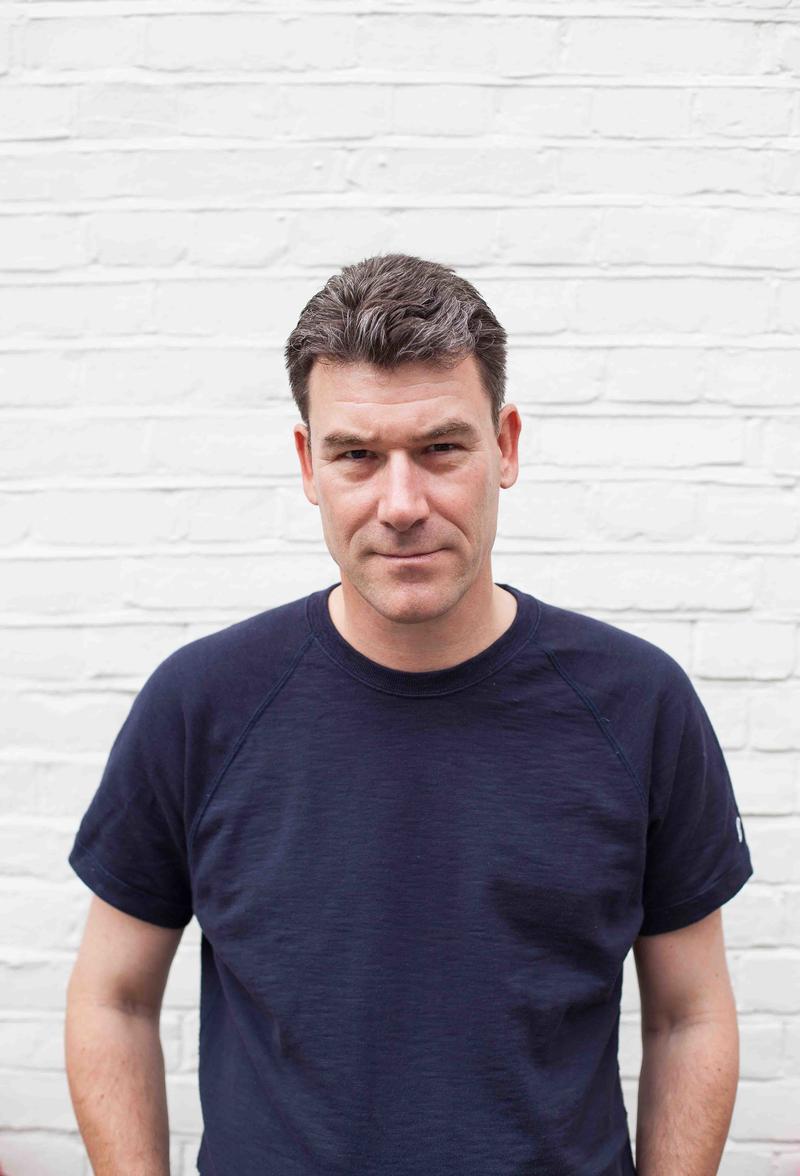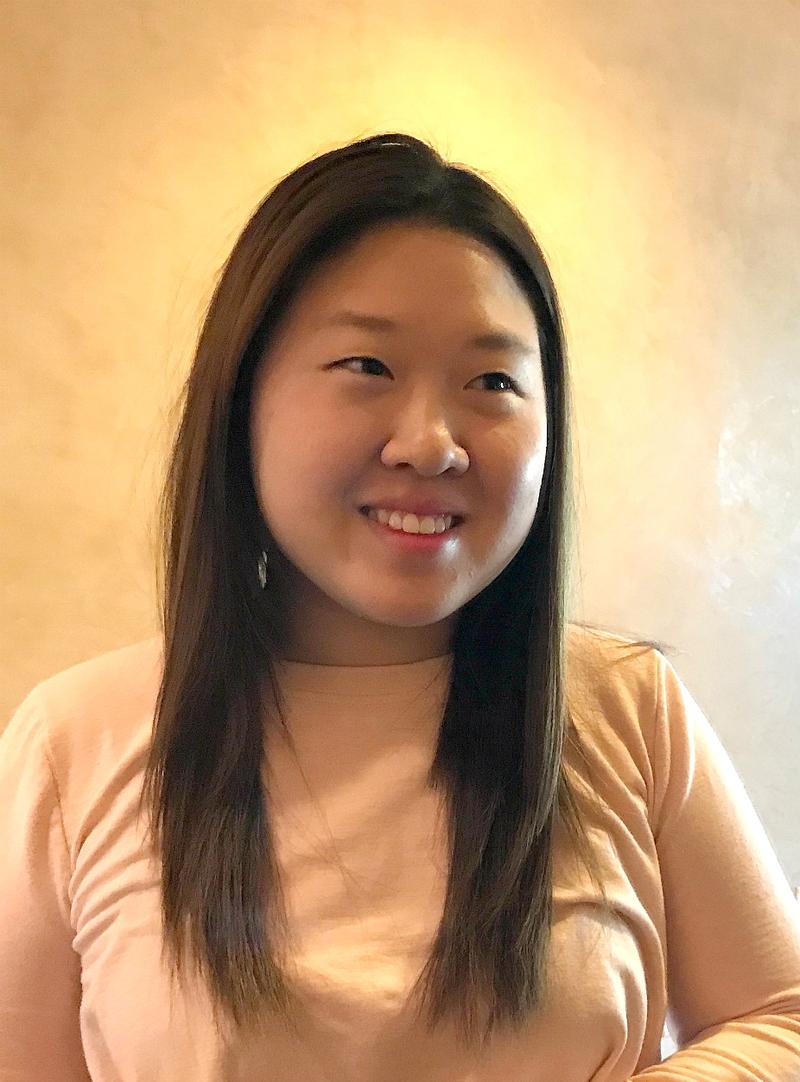The Hong Kong International Literary Festival has returned for a week of celebrating the written word at a time when the writer may be going the way of the dinosaur. Amy Mullins reads between the lines.

The 2023 Hong Kong International Literary Festival (HKILF) is back with its usual string of author talks, readings, walks and workshops designed to pique the interest of our inner literature aficionados.
Headlining the show this year are international heavyweights such as Pico Iyer (2014’s The Art of Stillness: Adventures in Going Nowhere), Shehan Karunatilaka (Booker Prize winner: 2022’s The Seven Moons of Maali Almeida), and Emily St John Mandel (PEN/Faulkner Award for Fiction nominee: 2014’s Station Eleven).
Local favorites include writer and wildlife photographer Adam Francis (A Field Guide to the Snakes of Hong Kong, 2021), journalist Lulu Chen (Influence Empire: The Story of Tencent & China’s Tech Ambition, 2022), artist and academic Sampson Wong (Hong Kong: A Guide to City Strolling, 2022) and writer of children’s books Chris Cheng (Bear and Rat, 2021).
The HKILF is also turning its attention, in a way, to the next generation of writers. Entirely unscientific, anecdotal evidence suggests the one-two punch of self-publishing — which emerged as a minor force in the last couple of decades, with Kindle Direct Publishing, Lulu and IngramSpark as examples — and COVID-19 lockdowns supported a boom in writing. Apparently, people around the world were picking up the proverbial pen and getting to that book they always wanted to write, which might explain why there’s such a focus on the craft of writing as well as getting published at this year’s HKILF.
“Good literary festivals should bring popular authors to international audiences as well as introduce them to new writers they might not have read or heard of. But the best literary festivals also encourage writing — as a hobby, profession or skill,” begins historian and author Paul French (2011’s Midnight in Peking, 2019’s Destination Shanghai), who sat on HKILF’s The Nuts & Bolts of Getting Published workshop on March 7.
“You don’t have to want to write a best-seller — though why not? — but better writing skills and thinking creatively can help everyone improve their overall language skills and vocabulary; their career skills; plus, it’s a good mental activity,” he adds.
 Writer Paul French (above) and publisher Pete Spurrier agree that readers prefer the idea of a human, rather than a chatbot, producing the content they consume. A writer of young-adult fiction, Axie Oh, says it’s important for young readers to be able to relate to the characters they read about. (PHOTO PROVIDED TO CHINA DAILY)
Writer Paul French (above) and publisher Pete Spurrier agree that readers prefer the idea of a human, rather than a chatbot, producing the content they consume. A writer of young-adult fiction, Axie Oh, says it’s important for young readers to be able to relate to the characters they read about. (PHOTO PROVIDED TO CHINA DAILY)
It all sounds most encouraging — assuming there will be any need for authors in the future. TechRadar recommends at least six artificial-intelligence writing tools on the market, including Writesonic for blogs, Jasper for marketing copy, and Ink for content creation. To quote the venerable tech publication: “The best AI writers make it simple and easy to auto-generate content for your blog, website or social media profiles.” Their roundup also throws around the buzzwords “brand guidelines” and “SEO performance”.
But then generating a lot of content is a very different beast to writing good content. Or is it? Are human authors on the verge of extinction?
“Not if you’re any good. In an aesthetic sense, the creation of beautiful prose that has poignancy, lyricism, style is not mechanically achievable,” argues French. “It’s the individual expression of mutual emotions, pains, longings that marks great writing, and I’ve not seen a machine produce anything but the simply anodyne.”
As is the case with so many automated, AI-driven processes, the fear of being replaced could be an unfounded one. Communications are different from communicating, and bots don’t “get” allegory.
Pete Spurrier, writer and founder of local independent publisher Blacksmith Books, concurs: “Most of my successful authors are the ones who engage with their readers, give talks, show up at festivals, do interviews, take part in book-signing events. A common stereotype is that the author is shy and retiring, but if you’ve been to literary festivals, you often find that authors are funny, charismatic, interesting people. That human element is really important. As far as I know, not many readers will settle for having their book signed by an algorithm.”
 Writer Paul French and publisher Pete Spurrier (above) agree that readers prefer the idea of a human, rather than a chatbot, producing the content they consume. A writer of young-adult fiction, Axie Oh, says it’s important for young readers to be able to relate to the characters they read about. (PHOTO PROVIDED TO CHINA DAILY)
Writer Paul French and publisher Pete Spurrier (above) agree that readers prefer the idea of a human, rather than a chatbot, producing the content they consume. A writer of young-adult fiction, Axie Oh, says it’s important for young readers to be able to relate to the characters they read about. (PHOTO PROVIDED TO CHINA DAILY)
Automatic writing
French isn’t entirely dismissive of AI writing. He thinks it can do a good job with nonfiction, but the so-called legwork — interviews, discovery of lost documents and so on — that makes nonfiction so powerful can’t be replaced.
“Any publisher will tell you that they’ve been inundated for years by ‘Google books’ — full of repetitive and lazy information-gathering presented in unstylish ways,” he says. “Most of these books don’t get published and go into the trash — and when they do, readers soon see through them in my experience.”
Spurrier, however, admits that he’s not quite sure how we’ll be able to tell a human writer from a bot. “That’s going to be interesting, and I don’t have the answers, but I think readers will want there to be a human being behind the stories — one with an individual personality or genuine human experiences that we can relate to.”
As in all art forms, being able to resonate with the audience is key. Besides the craft involved, good writing is infused with personal and authentic elements — and authenticity is what’s driving a great deal of publishing right now. This is particularly true in the young-adult arena, which — in English at least — has been dominated by Eurocentric content for too long. With HKILF writers like Angie Thomas (2017’s The Hate U Give), Nicola Yoon (2016’s The Sun Is Also a Star) and Sabaa Tahir (2015’s An Ember in the Ashes) establishing a pattern of best-sellers that speak to BIPOC kids, AI would have its work cut out for it.
“For children’s literature, we often talk about the importance of ‘mirrors’ and ‘windows’ for readers; that is, in reading a book, a young person can see themselves reflected in the protagonist of the story, and therefore feel empowered,” says Korean-American writer Axie Oh (2022’s The Girl Who Fell Beneath the Sea), co-host of How to Craft Authentic Young Adult Fiction (with Sarah Suk, March 11). Additionally, the authenticity of inclusion helps readers “see into the life of a person who’s different to them, and therefore build empathy for others”, Oh adds. “I think the importance of inclusivity doesn’t end with children’s books, but extends to books in general.”
 Writer Paul French and publisher Pete Spurrier agree that readers prefer the idea of a human, rather than a chatbot, producing the content they consume. A writer of young-adult fiction, Axie Oh (above), says it’s important for young readers to be able to relate to the characters they read about. (PHOTO PROVIDED TO CHINA DAILY)
Writer Paul French and publisher Pete Spurrier agree that readers prefer the idea of a human, rather than a chatbot, producing the content they consume. A writer of young-adult fiction, Axie Oh (above), says it’s important for young readers to be able to relate to the characters they read about. (PHOTO PROVIDED TO CHINA DAILY)
It seems there’s hope for human authors yet. However, the question remains: Can a career be made in English-language writing in Asia?
French says it can: He’s living proof. That said, aspiring writers need to be broad in their approach to what writing is — open to seeing audio projects, essays, magazine long reads and scripts in its ranks. Both French and Spurrier agree that self-publishing isn’t quite the magic wand it’s often perceived as, and that for every The Martian (Andy Weir, 2011), there are dozens of books that never find a readership.
The HKILF is doing its bit to help budding wordsmiths find their way around the industry’s nuts and bolts, as well as get an idea of the process and the payoff while they are at it. Check out the Writing Your Book & Getting Published session co-hosted by Uther Charlton-Stevens (2022’s Anglo-India and the End of Empire) and James Fok (2021’s Financial Cold War) on March 11 if you’re interested.
While journalists, academics and researchers often turn to writing books as a natural extension of their day jobs, Spurrier says he has seen lightning strike noncareer writers often enough.
“I’ve paid a lot of royalties to nonprofessional writers whose books sold well,” he elucidates. “But it’s always hard to predict what will sell and what won’t, so I never recommend that anyone rely on writing for a living.”
If you go
Hong Kong International Literary Festival
Dates: Through March 12
Venue: Various


